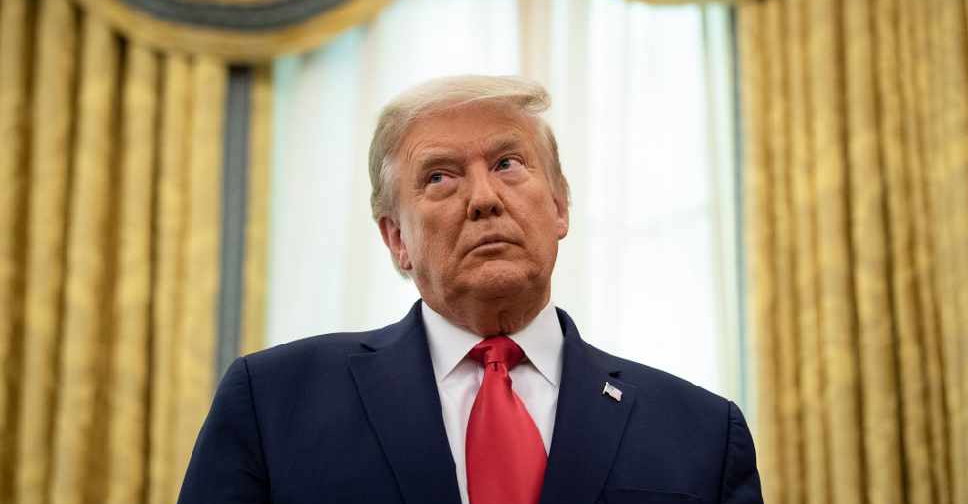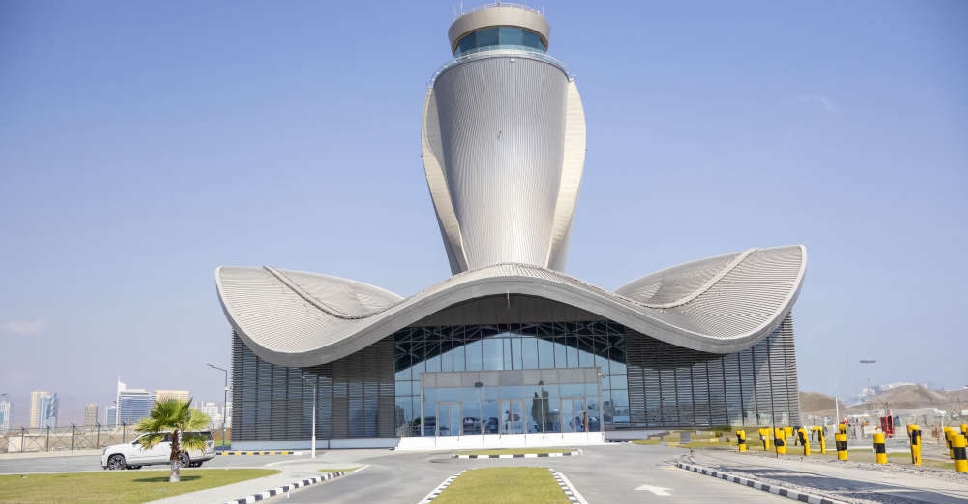
Britain's economy returned to growth in February with its fastest expansion in 11 months, beating economists' expectations and placing it on a slightly firmer footing as it braces for the impact of US tariffs.
British gross domestic product grew at a monthly pace of 0.5 per cent in February, the Office for National Statistics said on Friday, beating all forecasts in a Reuters poll of 30 economists, which had pointed to a 0.1 per cent rise.
Previous January data which had shown a small contraction was revised up to show zero growth. Compared with a year earlier, GDP in February was 1.4 per cent higher, also beating expectations.
Finance minister Rachel Reeves called the data "encouraging" and investors trimmed their bets on Bank of England interest rate cuts for the remainder of this year.
However, markets are far more focused on US President Donald Trump's tariffs which BoE Deputy Governor Sarah Breeden warned on Thursday would have a "chilling effect" on output.
"February's figures have been pushed firmly into the background by the financial market bedlam caused by Trump's tariff announcements," said Suren Thiru, economics director at the ICAEW accountancy body.
In March, government budget forecasters halved their 2025 forecast for Britain's economic growth to one per cent, which would follow a lacklustre 1.1 per cent last year. The forecasters saw a stronger performance of 1.9 per cent in 2026.
These forecasts have since been thrown into doubt by Trump's announcement last week of sweeping tariffs on US imports, which will raise the cost of most British exports to the United States by at least 10 per cent.
Higher tariff rates for other countries have been suspended for 90 days to allow time for negotiations.

 UAE’s NextGen FDI programme draws global tech leaders
UAE’s NextGen FDI programme draws global tech leaders
 Fujairah airport connects daily with Mumbai, Kannur via IndiGo
Fujairah airport connects daily with Mumbai, Kannur via IndiGo
 Bharat Mart marks new era in UAE-India trade ties
Bharat Mart marks new era in UAE-India trade ties
 UAE and Ireland to establish Joint Economic Commission
UAE and Ireland to establish Joint Economic Commission
 Dubai to host new IIM campus and UAE-India Friendship Hospital
Dubai to host new IIM campus and UAE-India Friendship Hospital




